How Women Experience Illness: One Mystery at a Time
By Kate Michaelson
It’s a good bet you know at least one woman with a complex, ongoing health issue—whether it’s an autoimmune disease, endometriosis, or something not yet diagnosed. Maybe you deal with an issue like this yourself.
I’m one of those women too. In fact, my own quest for a diagnosis is part of what inspired me to write my first crime novel, Hidden Rooms, where the main character must solve a crime, as well as her own medical mystery.
When I first came down with vertigo, fatigue, and weakness in my early thirties, I figured a quick visit to the doctor would fix me up. Then I went to the doctor he referred me to, and to the next doctor, and so on.
It wasn’t until months later when all the tests showed–as a hurried neurologist put it–that I was “a perfectly healthy young woman” that I began to wonder. But rather than wondering about the limits of diagnostic medicine, first, I wondered about myself.
Was I imagining my ailments? My debilitating fatigue, dizziness, and joint pain certainly felt real. Maybe I was making too much of it? Like a lot of people, I was raised to push through pain and sickness. I’d always been the type who hated to miss a day of school or work. However, now I couldn’t even keep up with my reduced schedule. How was it that my life was slowly being taken over by something that, according to tests, didn’t even exist?
Sidelined from my social life, work, and family gatherings, I didn’t even have a community of fellow sufferers since I had no diagnosis. As isolated as I felt back then, I didn’t realize I was far from alone.
It’s surprisingly common to have a rare or undiagnosed illness. According to the Mayo Clinic, as many as 1 out of 13 people in the United States suffer from such conditions. A disease doesn’t need to have a name to derail your life. In fact, undiagnosed illnesses can take an even greater toll because it means contemplating the unknown, alongside doubt from doctors, employers, friends, and family.
Women suffer disproportionately from poorly understood illnesses that are difficult to diagnose and hard to treat. Beyond gynecological issues, like polycystic ovarian syndrome and endometriosis, women are at greater risk for autoimmune disorders. This wide spectrum of diseases includes multiple sclerosis, lupus, Sjorgen’s, some thyroid diseases, and many others. These conditions can affect almost any organ system and evade detection because doctors often try to exclude other conditions first. Adding to the barriers, multiple studies have shown that women are less likely to have their medical complaints taken seriously by physicians, leading to missed diagnosis or undertreatment.
I can certainly attest to this. Though I found a diagnosis and treatment eventually, it took years of undergoing tests and visiting specialists–years of my body telling me something was wrong and doctors telling me differently.
Unsurprisingly, I began to doubt myself. This type of medical gaslighting, where patients’ concerns are invalidated, not only leads to poor patient outcomes. It raises questions in a person’s mind about their own fundamental impressions of reality. After all, if we can’t trust ourselves to know what’s going on in our own bodies, can we trust ourselves about anything?
Around this time, as I was forced into the role of medical detective, an idea took root. I’ve read mysteries my entire life, and I realized I was following in the footsteps of the amateur sleuths in my books: talking to experts, gathering information, and sifting through false leads to find the truth. And I thought, “Wouldn’t it be amazing if there was a book where the main character was solving a crime while figuring out her own illness?” These experiences would wreak havoc on her confidence in her own impressions of what’s going on with herself and the people around her. And, of course, her belief in her instincts would be further undermined when she finds out there’s a murderer in her midst.
At the time, I didn’t have the bandwidth to pursue the idea. I just hoped someone else would write the damn book so I could read it! But the seed had been planted. After years of jotting down notes, I finally realized that if I wanted to read this book, it was time for me to sit down and write it.
After years of learning, drafting, and revising, in April of 2024 my debut mystery, HIDDEN ROOMS, was published. The story follows Riley Svenson, a young woman who goes from running marathons to struggling to walk in a straight line, yet doctors keep telling her nothing is wrong. But when her brother’s fiancée is killed—and he becomes the prime suspect—Riley must prove his innocence, despite the toll on her health.
My goal was to write an engaging page-turner that also captures what life is like for those of us on this journey. And, more than anything, I want readers with undiagnosed and chronic conditions to know that they’re not alone. I want them to see a bit of themselves in the pages of a novel where a woman deals with the mysteries of her own body but, like all of us, still manages to kick a little ass along the way.
***
Bio: Kate Michaelson’s debut novel, Hidden Rooms, won the 2022 Hugh Holton Award for best unpublished mystery by a Midwest writer and was released in April of 2024. As a curriculum developer and technical writer, she has created educational content on everything from media literacy to cybersecurity awareness. She is active in Sisters in Crime and participates in causes that support those with disabilities and chronic illness. In her free time, she loves hiking, traveling, napping and anything else that takes her away from her laptop. She grew up in Greenwich, Ohio and now lives in Toledo, Ohio with her husband and pets.
HIDDEN ROOMS
 Long-distance runner, Riley Svenson, has been fighting various bewildering symptoms for months, from vertigo to fainting spells. Worse, her doctors can’t tell her what’s wrong, leaving her to wonder if it’s stress or something more threatening. But when her brother’s fiancée is killed—and he becomes the prime suspect—Riley must prove his innocence, despite the toll on her health.
Long-distance runner, Riley Svenson, has been fighting various bewildering symptoms for months, from vertigo to fainting spells. Worse, her doctors can’t tell her what’s wrong, leaving her to wonder if it’s stress or something more threatening. But when her brother’s fiancée is killed—and he becomes the prime suspect—Riley must prove his innocence, despite the toll on her health.
As she reacquaints herself with the familiar houses and wild woods of her childhood, the secrets she uncovers take her on a trail to the real killer that leads right back to the very people she knows best and loves most.
Praise for Hidden Rooms
“Michaelson’s witty eye, sharp portrayal of illness, and a twisty case make for a standout debut!”
— Erin Flanagan, Edgar-Award-winning author of Come with Me
“Michaelson’s suspenseful and intricately plotted debut mystery marks her as an author to watch.”
—Booklist
“With a fresh voice and gorgeous writing, Hidden Rooms by Kate Michaelson is a stunning debut mystery that sweeps the reader along until the surprising conclusion. I predict this book will appear on many ‘Favorites of 2024’ lists—mine included.”
—Connie Berry, USA Today bestselling author
BUY HERE
Category: Contemporary Women Writers, How To and Tips




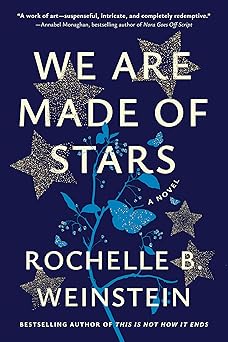
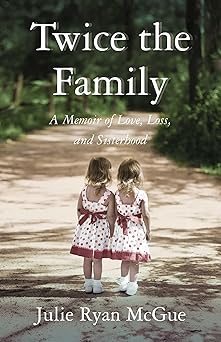
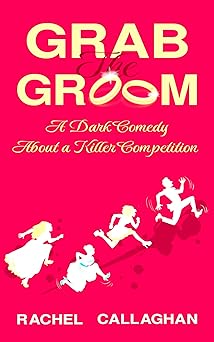



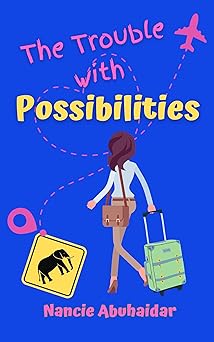
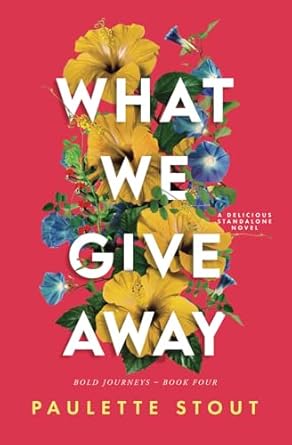
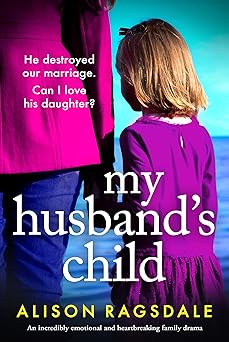
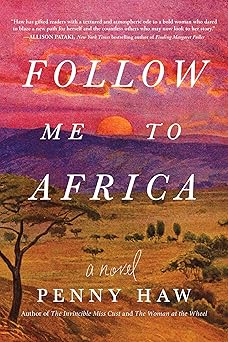
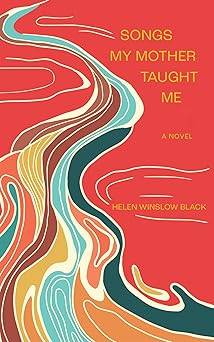
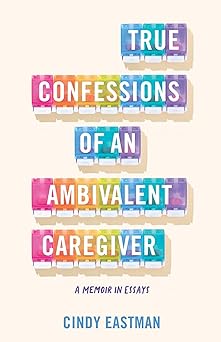
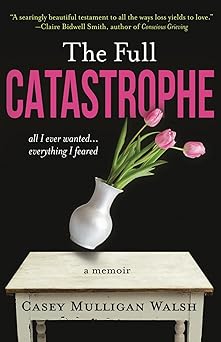



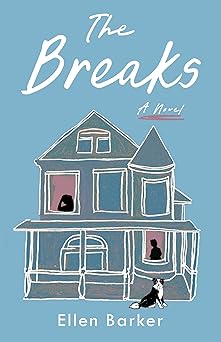
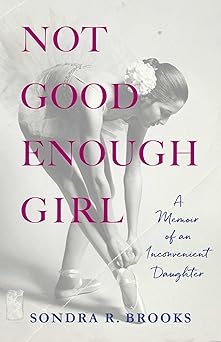

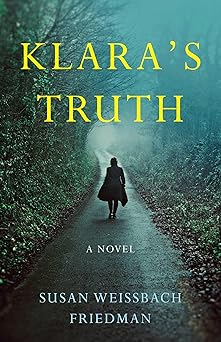
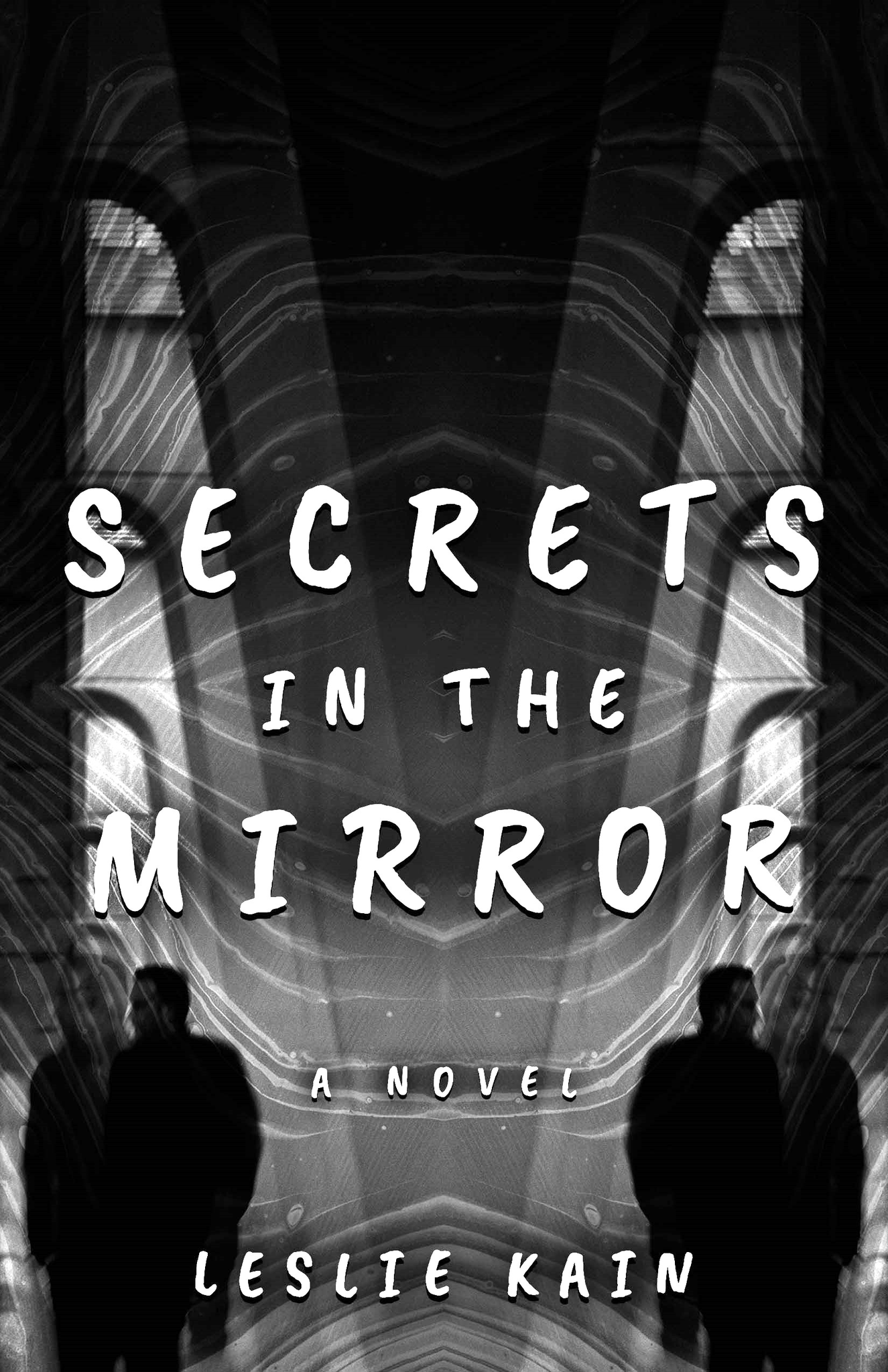

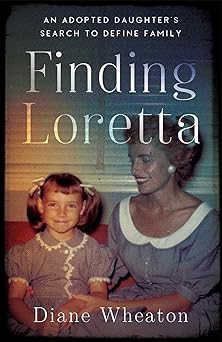

Thank you, Karen! I’m so sorry you went through medical gaslighting with your son. That must have been particularly difficult and frustrating! I’m going to look up your books, and I hope we can meet or collaborate at an event as well!
Kate, I’m hooked and I put your book on my to-read list. I’m one of the many who has fought to be accurately diagnosed. I struggled as a mom, too, for the three years my son deteriorated with an undiagnosed brain tumor. Medical gaslighting is at the core of both of my stories. Perhaps someday we’ll collaborate on an author event! (My 2023 memoir is Growth: A Mother, Her Son, and the Brain Tumor They Survived.)
What a great premise, and what important information to share!